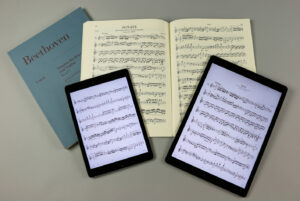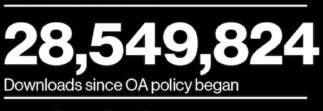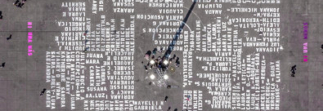 MIT is synonymous with a spirit of exploration, with its thriving maker culture, entrepreneurial drive, and problem-solving ethos. This year, the Libraries staff had its own opportunity to dip a toe in the proverbial sandbox.
MIT is synonymous with a spirit of exploration, with its thriving maker culture, entrepreneurial drive, and problem-solving ethos. This year, the Libraries staff had its own opportunity to dip a toe in the proverbial sandbox.
This spring, the Scholarly Communications and Collections Strategy department announced a special fund for services, models, or collections that differ from the kinds the Libraries typically support. All members of the staff were given the opportunity to submit proposals for innovative, forward-looking uses of the fund that would align with the Libraries’ goals to meet the ever-evolving needs of our community, encourage openness, advance diversity and inclusion, and have a broad impact on users.
One of the pilot programs supported by the fund is testing the use of electronic music scores using a new app from music publisher G. Henle Verlag. It allows musicians to customize music text, add notes, record and play back their performance, and take advantage of several other features afforded by a digital format.
“Musicians have been performing music from paper scores for centuries,” says Peter Munstedt, music librarian. “However, electronic scores are improving rapidly and beginning to catch the attention of musicians and music librarians.”
The Lewis Music Library has lent several tablets equipped with the app to MIT students and faculty, who will use them throughout the fall and will share their experiences at a public lecture and recital at the end of the semester. The library staff is working on this project with Institute Professor Marcus Thompson, director of the MIT Chamber Music Society.
“We expect e-scores to become more popular. This experiment is an opportunity to think about how music libraries collect scores in the future and whether e-scores will eventually replace paper scores,” says Munstedt.
In addition to the e-scores project, the Experimental Collections Fund also supported a web archiving program for the mit.edu domain and a streaming video service to meet a longstanding need for films for teaching.
“It was energizing to see the wide range of projects proposed in our first round with the experimental fund,” says Ellen Finnie, head, Scholarly Communications and Collections Strategy. “We are enthusiastic about the opportunities each project affords to support new user needs and explore new ways of building collections while manifesting our values.”


